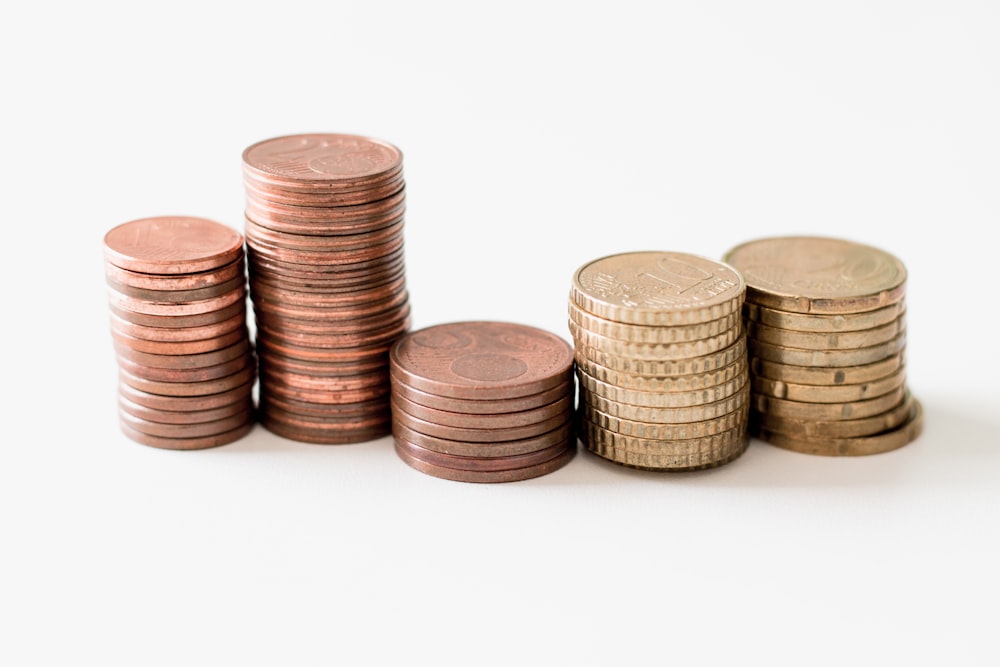The Guardian: “EU should use perpetual bonds to finance Covid-19 recovery fund” - George Soros

The European commission president, Ursula von der Leyen, has announced that Europe will need about €1tn (£873bn) to fight the Covid-19 pandemic. This money could be used to establish a European recovery fund. But where will the money come from?
I propose that the European Union should raise the money needed for the fund by selling “perpetual bonds”, on which the principal does not have to be repaid (although they can be repurchased or redeemed at the issuer’s discretion). Authorising this issue should be the first priority for the European council summit on 23 April.
The EU is facing a once-in-a-lifetime war against a virus that is threatening not only people’s lives, but also the very survival of the union. If member states start protecting their national borders against even their fellow EU members, this would destroy the principle of solidarity on which the union is built.
It would, of course, be unprecedented for the EU to issue perpetual bonds, especially in such a large amount. But other governments have relied on perpetual bonds in the past. The best-known example is Britain, which used consolidated bonds (Consols) to finance the Napoleonic wars and war bonds to finance the first world war. These bond issues were traded in London until 2015, when both were redeemed. In the 1870s, the US Congress authorised the treasury to issue Consols to consolidate already existing bonds, and they were issued in subsequent years.
Perpetual bonds have three additional advantages that make them appropriate for these circumstances.
Instead, Europe needs to resort to extraordinary measures to deal with an extraordinary situation that is hitting all of the EU’s members. This can be done without fear of setting a precedent that could justify issuing common EU debt once normalcy has been restored. Issuing bonds that carried the full faith and credit of the EU would provide a political endorsement of what the European Central Bank has already done: removed practically all the restrictions on its bond purchasing programme.
Comments
Post a Comment